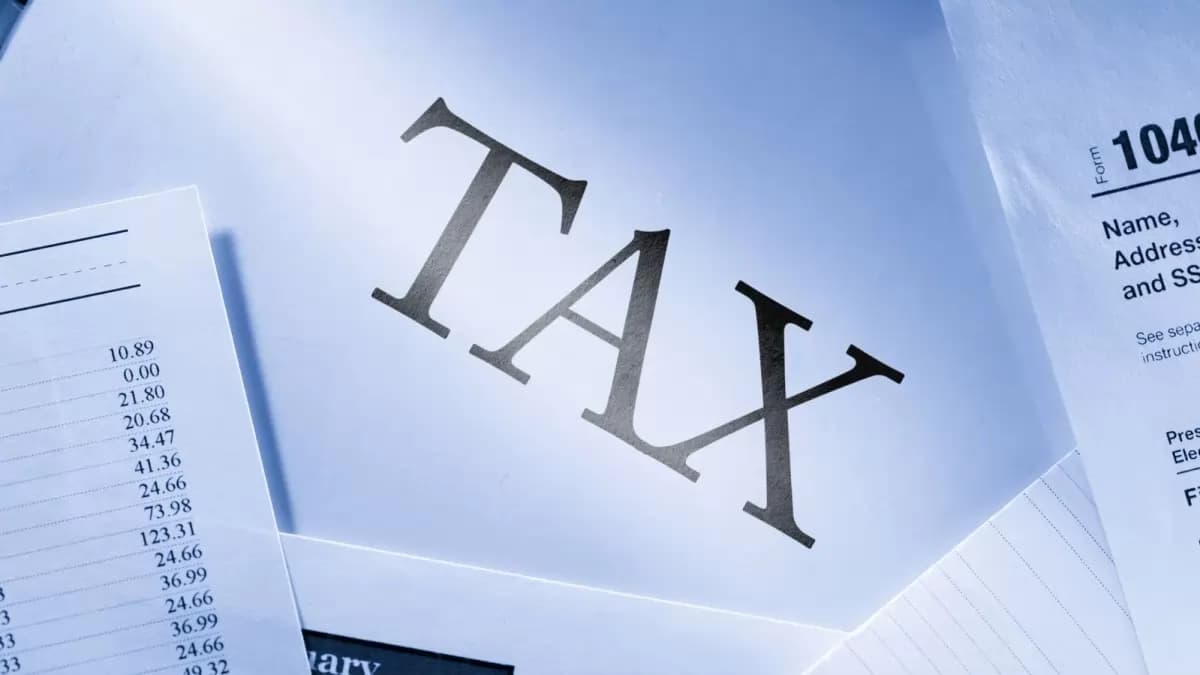Form 15G & Form 15H: A Guide For Senior Citizens To Save Tax
Managing finance and taxes can be daunting for senior citizens, and as such, Form 15G and Form 15H can help them avoid TDS on certain incomes
Managing finance and taxes can be daunting for senior citizens, and as such, Form 15G and Form 15H can help them avoid TDS on certain incomes

Advertisement
Forms 15G and 15H are self-declaration forms submitted by taxpayers to banks or other financial institutions to avoid Tax Deducted at Source (TDS) on certain types of income.
Form 15G is a declaration filed by individuals below the age of 60 years, while Form 15H is for senior citizens, i.e., individuals above 60. Both these forms declare that the individual’s income for the relevant financial year is below the taxable limit; hence, no tax is payable.
Advertisement
Form 15G and Form 15H are usually submitted by individuals who earn income from fixed deposits, recurring deposits, and other similar types of investments. These forms help avoid TDS on such income, which can be a significant advantage for individuals earning below the taxable limit.
However, it’s important to note that these forms are submitted if the individual’s total income, including those earned from such investments, falls below the taxable limit for that financial year. These forms are not required if the income exceeds the taxable limit, and applicable TDS will apply.
What It Means For Senior Citizens:
Advertisement
For senior citizens, submitting Form 15H to the bank or financial institution helps avoid TDS on certain types of income. The form declares that the senior citizen’s total earnings for the relevant financial year are below the taxable limit; hence, no tax is payable.
Senior citizens above 60 can submit Form 15H to banks and financial institutions if their total income, including income earned from fixed deposits, recurring deposits, and other similar types of investments, fallse below the taxable limit for that financial year. By submitting this form, senior citizens can avoid TDS on the interest earned from such investments.
It’s important to note that senior citizens are eligible for a higher basic exemption limit than non-senior citizens. For the financial year 2022-23, the basic exemption limit for senior citizens is Rs 3 lakh, while for non-senior citizens, it is Rs 2.5 lakh. This means senior citizens can earn a higher income without paying taxes.
What Senior Citizens With No Taxable Income Can Do?
Senior citizens who do not have any taxable income can still take the following steps to manage their finances:
File Income Tax Return: Even if senior citizens do not have any taxable income, they should file their income tax return (ITR) if their total income, including exempt income such as interest income from savings bank accounts and fixed deposits, exceeds Rs 2.5 lakh in a financial year. This will help them establish their source of income and comply with income tax laws.
Invest In Tax-Free Instruments: Senior citizens can consider investing in tax-free instruments such as tax-free bonds, which offer tax-free interest income. They can also consider investing in Senior Citizen Savings Scheme (SCSS) and National Savings Certificate (NSC), which offer higher interest rates to senior citizens.
Claim Tax Benefits On Medical Expenses: Senior citizens can claim tax benefits on medical expenses incurred by them or their spouses, children, or dependent parents. In addition, they can claim deductions under Section 80D for medical insurance premiums paid and under Section 80DD for medical expenses incurred on a dependent with a disability.
Plan Their Estate: Senior citizens can plan their estate to ensure their assets are distributed as per their wishes after their demise. They can create a will and nominate beneficiaries for their bank accounts, insurance policies, and other investments. This will help them avoid any legal disputes or family conflicts.
Seek Financial Advice: Senior citizens can seek the help of a financial planner to manage their finances and investments. A financial planner can help them optimize their investments, plan for their retirement, and manage their expenses.
Advertisement
Today is the last date of filing your ITR for AY24-25. Failure or a delay could attract a penalty. Taxpayers can avoid this by timely filing their returns today after matching the details with the information available on the AIS
The Union government introduced several changes in tax rules in the Budget 2023. Here are some.
Taxpayers will need to submit a condonation request to the income tax department for pardon if they delay e-verifying their income tax return (ITR). Here’s how to submit a condonation request.
Get all the latest stories delivered to your inbox
Advertisement
Get all the latest stories delivered to your inbox